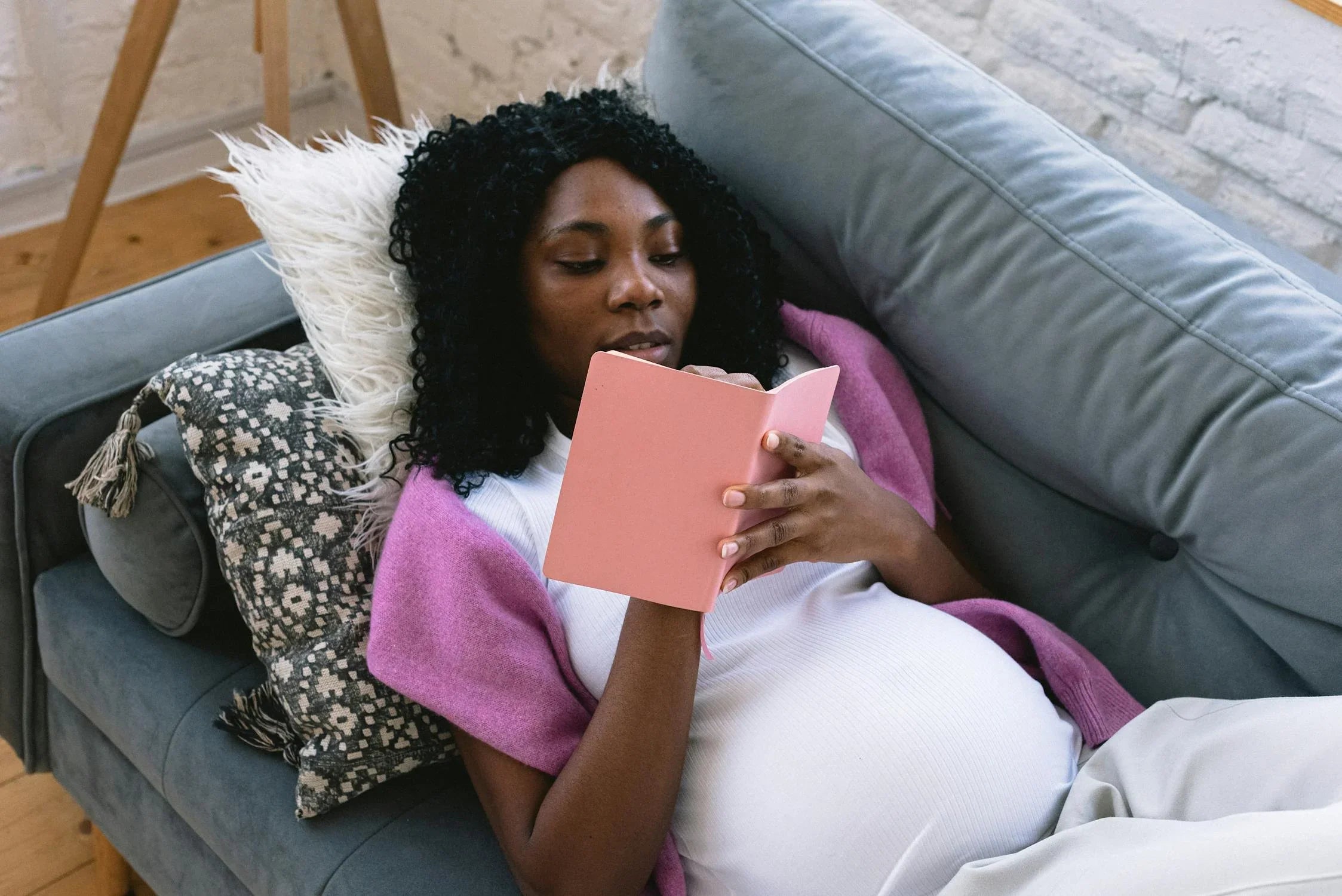Accueil
Pregnancy, Breastfeeding, and Pumping: The Ultimate Guide for Moms
Does Alcohol Affect a Pregnancy Test Result? Exploring the Facts

Does Alcohol Affect a Pregnancy Test Result? Exploring the Facts
When it comes to pregnancy tests, accuracy is everything. Many women wonder if their lifestyle choices, such as alcohol consumption, could affect the results. This article dives deep into the science behind pregnancy tests and examines whether alcohol plays a role in their outcomes.
Understanding How Pregnancy Tests Work
Pregnancy tests detect the presence of human chorionic gonadotropin (hCG), a hormone produced by the placenta shortly after a fertilized egg attaches to the uterine lining. Most tests use urine samples to measure hCG levels, while some advanced tests may use blood samples. The accuracy of these tests depends on the sensitivity of the test and the timing of its use.
Can Alcohol Interfere with hCG Levels?
Alcohol does not directly affect hCG levels in the body. The production of hCG is solely dependent on the presence of a developing placenta, which is not influenced by alcohol consumption. Therefore, drinking alcohol is unlikely to alter the hCG levels that a pregnancy test measures.
Potential Indirect Effects of Alcohol
While alcohol does not impact hCG levels, it can indirectly affect the timing and accuracy of a pregnancy test. For example, excessive alcohol consumption may lead to dehydration, which can concentrate urine and potentially make hCG levels appear higher. However, this effect is minimal and unlikely to cause a false positive or negative result.
Other Factors That Influence Pregnancy Test Results
Several factors can impact the accuracy of a pregnancy test, including:
- Timing: Taking a test too early may result in a false negative, as hCG levels may not yet be detectable.
- Test Sensitivity: Some tests are more sensitive than others and can detect lower levels of hCG.
- Medications: Certain medications, such as fertility drugs, can interfere with test results.
- Medical Conditions: Conditions like ovarian cysts or certain cancers can produce hCG and lead to false positives.
When to Take a Pregnancy Test
For the most accurate results, it is recommended to take a pregnancy test after a missed period. Testing too early increases the likelihood of a false negative. If you suspect you might be pregnant but receive a negative result, consider retesting after a few days or consulting a healthcare professional.
Debunking Common Myths
There are many myths surrounding pregnancy tests, including the idea that alcohol can cause false results. As discussed, alcohol does not directly affect hCG levels or the accuracy of a pregnancy test. It is essential to rely on scientific evidence rather than hearsay when making decisions about your health.
Alcohol and Pregnancy: A Broader Perspective
While alcohol may not affect pregnancy test results, it is crucial to consider its impact on a developing fetus. Consuming alcohol during pregnancy can lead to serious complications, including fetal alcohol spectrum disorders (FASDs). If you are trying to conceive or suspect you might be pregnant, it is advisable to avoid alcohol altogether.
Consulting a Healthcare Professional
If you have concerns about the accuracy of a pregnancy test or the potential effects of alcohol on your pregnancy, consult a healthcare professional. They can provide personalized advice and recommend appropriate next steps based on your unique situation.
Understanding the relationship between alcohol and pregnancy test results can help you make informed decisions about your health. While alcohol does not directly impact test accuracy, prioritizing your well-being and seeking professional guidance is always the best approach.
Partager
